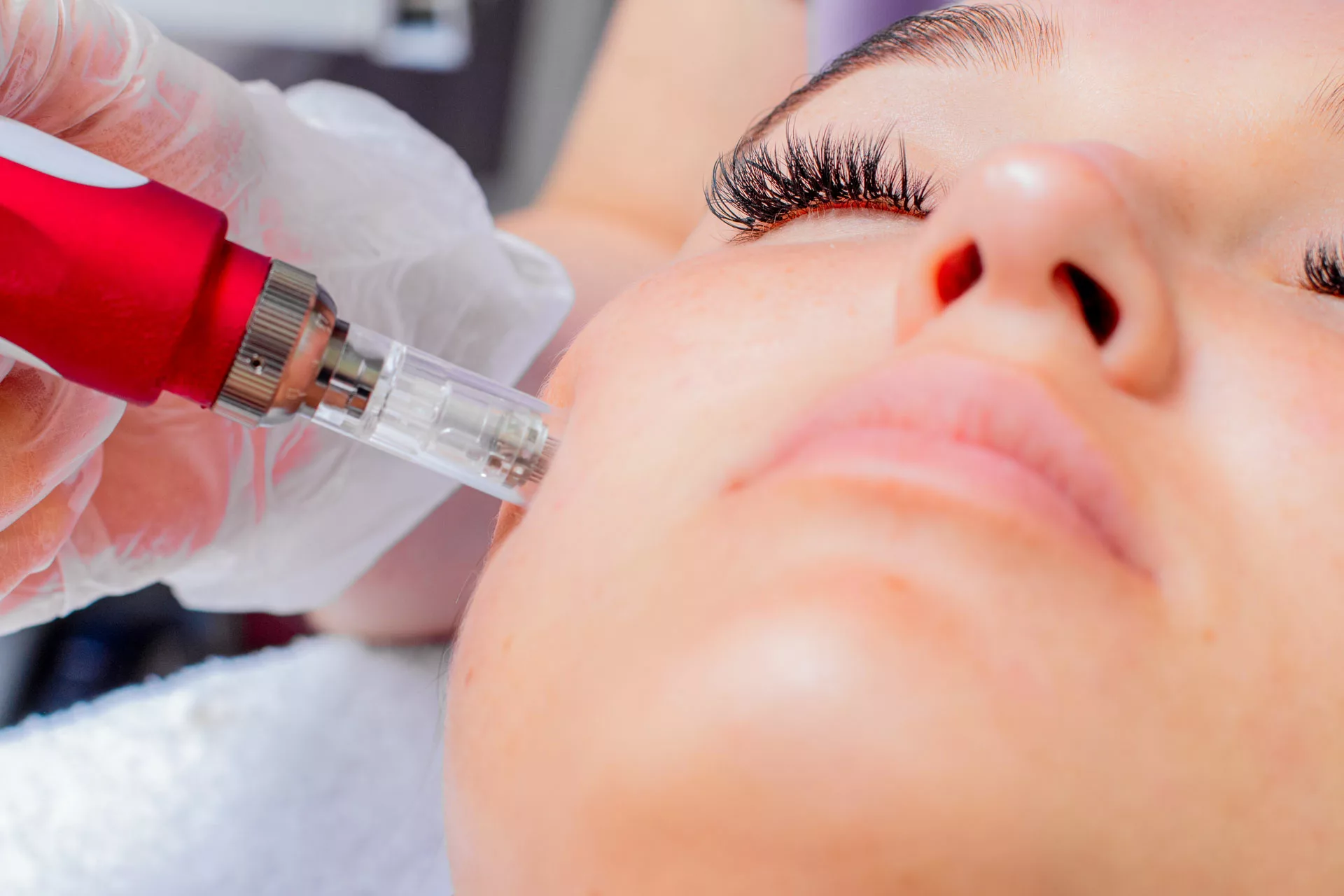Is Microneedling Safe for Sensitive Skin?
Sensitive skin is a common concern for many people, especially in urban environments like Dubai where pollution, sun exposure, and climate changes can aggravate skin conditions. Individuals with sensitive skin often experience redness, irritation, dryness, or reactions to certain skincare products. Naturally, the question arises: can a cosmetic treatment like microneedling, which creates tiny micro-injuries in the skin, be safe for sensitive skin types? Many turn to Microneedling In Dubai because it is known for being minimally invasive and highly customizable, but it’s essential to understand its suitability for delicate skin.
How Microneedling Works on Sensitive Skin
Microneedling works by using fine needles to penetrate the skin’s surface, stimulating the production of collagen and elastin. These proteins strengthen the skin, improve texture, and promote healing. For sensitive skin, the key is careful treatment planning, such as adjusting needle depth, technique, and post-treatment care. When performed properly, microneedling can actually help strengthen sensitive skin over time rather than cause harm.

Benefits for Sensitive Skin
Reduced Irritation Over Time: By boosting the skin barrier, microneedling can make sensitive skin more resilient.
Improved Texture: Smooths uneven skin while minimizing inflammation.
Enhanced Product Absorption: Allows gentle serums and nutrients to penetrate deeper without harsh irritation.
Safety Measures for Sensitive Skin
Ensuring safety is crucial for those with delicate or reactive skin. Some key considerations include:
Needle Depth: Shallow treatments reduce the risk of excessive irritation.
Sterile Equipment: Professional and clean tools prevent infection and minimize skin trauma.
Patch Test: Testing on a small area first ensures the skin can tolerate the treatment.
Post-Treatment Care: Gentle moisturizers and avoidance of harsh chemicals prevent flare-ups.
How to Minimize Side Effects
While microneedling is generally safe, sensitive skin may experience temporary redness or mild swelling. These are normal responses that subside within a few days. To reduce potential side effects:
Avoid direct sun exposure after treatment.
Use soothing skincare products with calming ingredients like aloe vera or hyaluronic acid.
Stay hydrated to support skin recovery.
Refrain from heavy makeup or exfoliating products immediately after treatment.
Who Should Consider Microneedling for Sensitive Skin?
Microneedling is suitable for most skin types, including sensitive ones, but certain conditions may require extra caution. Those with eczema, psoriasis, or open wounds should consult a skincare professional before treatment. On the other hand, individuals with mild sensitivity, redness, or delicate skin can benefit greatly when treatments are customized to their skin’s needs.
Microneedling in Combination with Other Treatments
For sensitive skin, combining microneedling with calming serums or PRP (platelet-rich plasma) can enhance results without adding stress to the skin. This approach ensures maximum benefits while minimizing the risk of irritation.
Conclusion
Microneedling can be a safe and effective treatment for sensitive skin when approached with care and professional guidance. It promotes collagen production, strengthens the skin barrier, and improves texture without causing long-term damage. For individuals in Dubai seeking a minimally invasive option, Microneedling Dubai offers tailored solutions that respect the unique needs of sensitive skin. By choosing appropriate treatment settings and following proper aftercare, sensitive skin can enjoy the rejuvenating benefits of microneedling with minimal risk.



Comments
Post a Comment